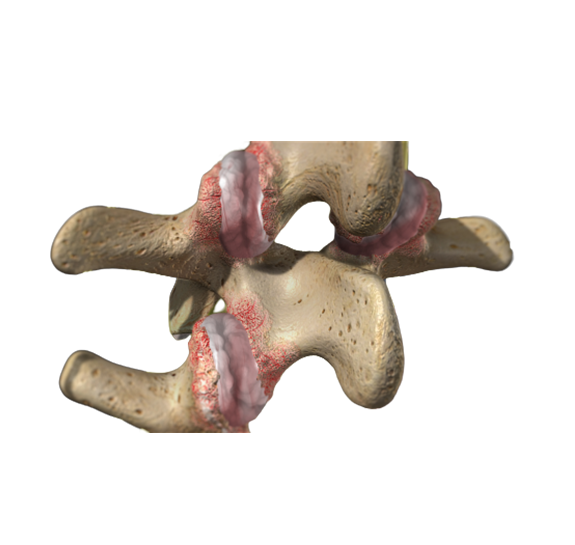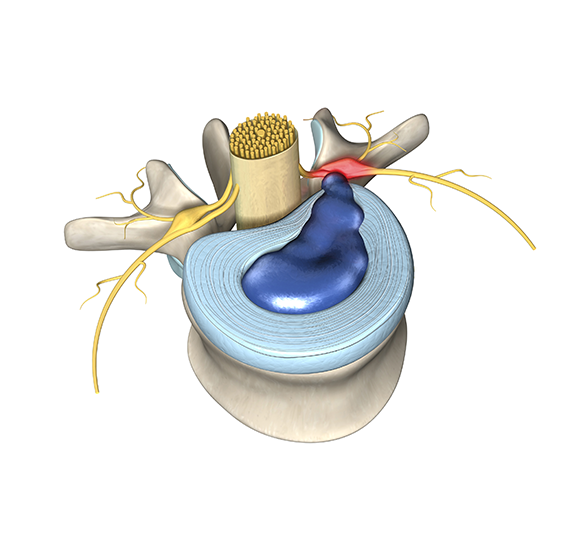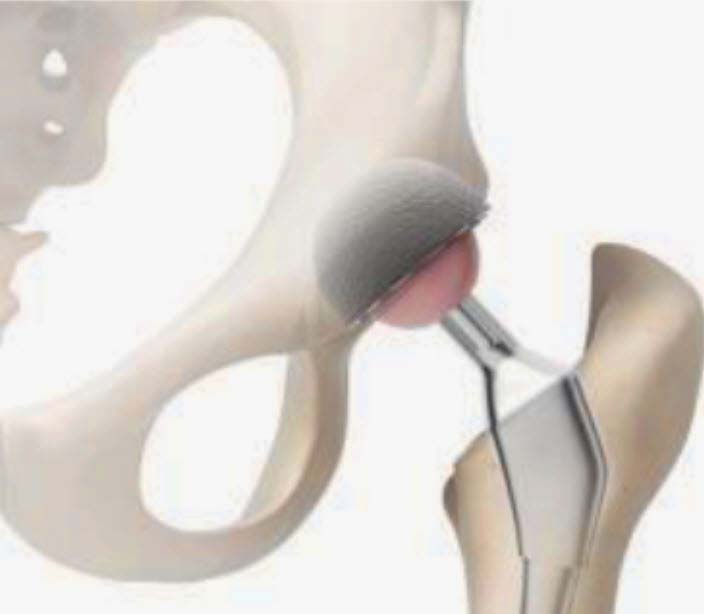
READ THIS before choosing a surgeon for total hip replacement
READ THIS before choosing a surgeon for total hip replacement https://bestpracticehealth.tv/wp-content/uploads/2022/04/total-hip-replacement.jpg 704 614 Best Practice Health TV Best Practice Health TV https://bestpracticehealth.tv/wp-content/uploads/2022/04/total-hip-replacement.jpgIF you are one of the 500K to a million of us who will choose a joint replacement surgeon this year this next segment is crucial for you. A new study released in the Journal of Arthroplasty in February has essential information you need to hear.
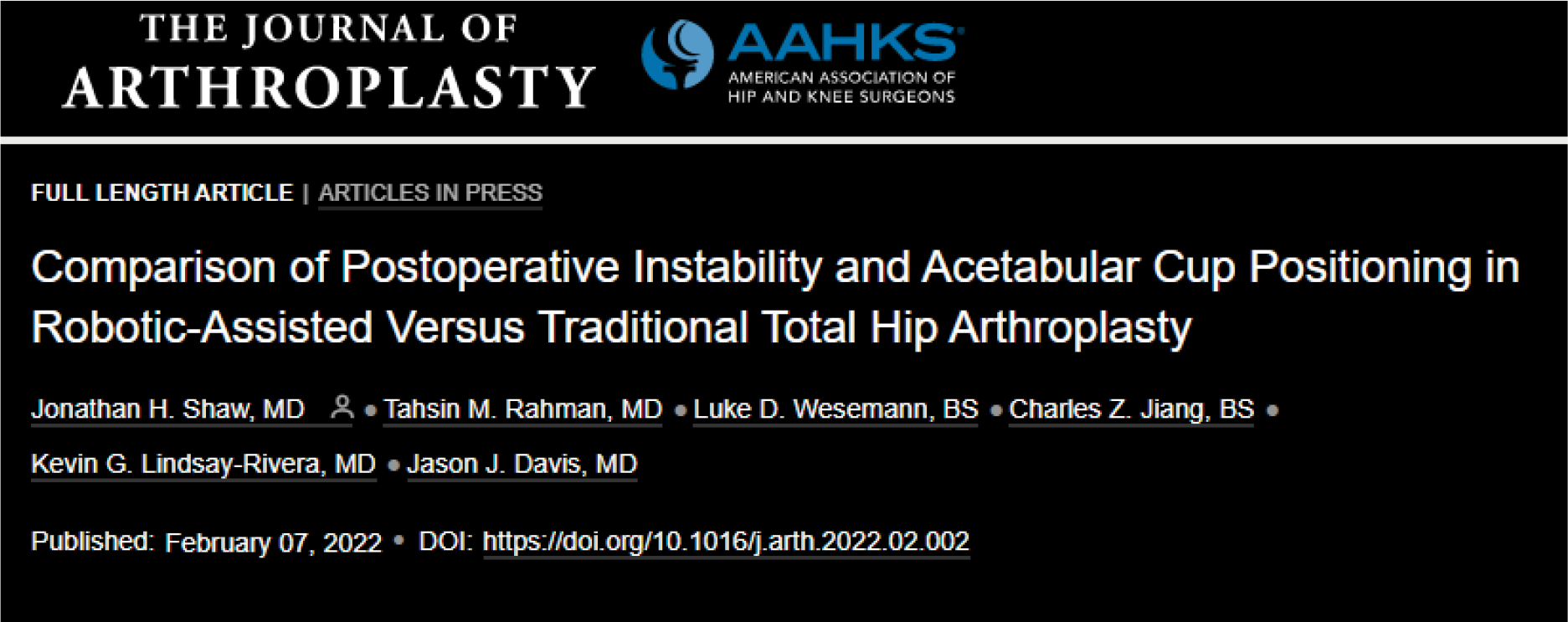
The study involved 2247 people in the Michigan joint replacement registry. A registry is a log of people who had a procedure which allows investigators to examine outcomes and trends over time. This study was designed to examine three issues regarding the use of a robotic assistant in total hip replacement surgery:
- Risk of dislocation
- How well the implant was placed, and
- If people were happy with their new hip
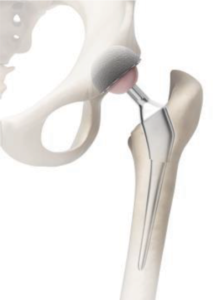
Robotic assistants have been around for several years, and all of the major implant companies (Stryker, Zimmer, Smith and Nephew, and Depuy) are promoting one. Nonetheless, to this day most surgeons do not use a robotic assistant. So, you have a choice to make. Find a surgeon who uses a robotic assist? Or stick with the legacy surgeons who are doing the tried and true.
“The risk of dislocation in this study without robotic assistance was 2.8%, which is similar to other studies on the topic. That may seem low, but not if it happens to you.”
The risk of dislocation in this study without robotic assistance was 2.8%, which is similar to other studies on the topic. That may seem low, but not if it happens to you. Dislocation is severely painful, a psychological punch in the gut that makes it hard to be confident which you recover and may require additional surgery. In some cases, a special type of hardware with limited range of motion is even necessary.
Most people know that one of the great advantages of Minimally invasive approaches to total hip replacement like the anterior, superPATH, and direct superior is that there are no permanent restrictions. The reason there are no permanent restrictions is that preserving muscle reduces the risk of dislocation.
In theory robotic surgery could decrease the dislocation rate by assisting surgeons in picking the ideal sized implant to maximize range of motion.
In this study the use of robotic assistance reduced the risk of dislocation to 0.6%. That is nearly a 4X reduction in risk of one of the most dreaded complications.
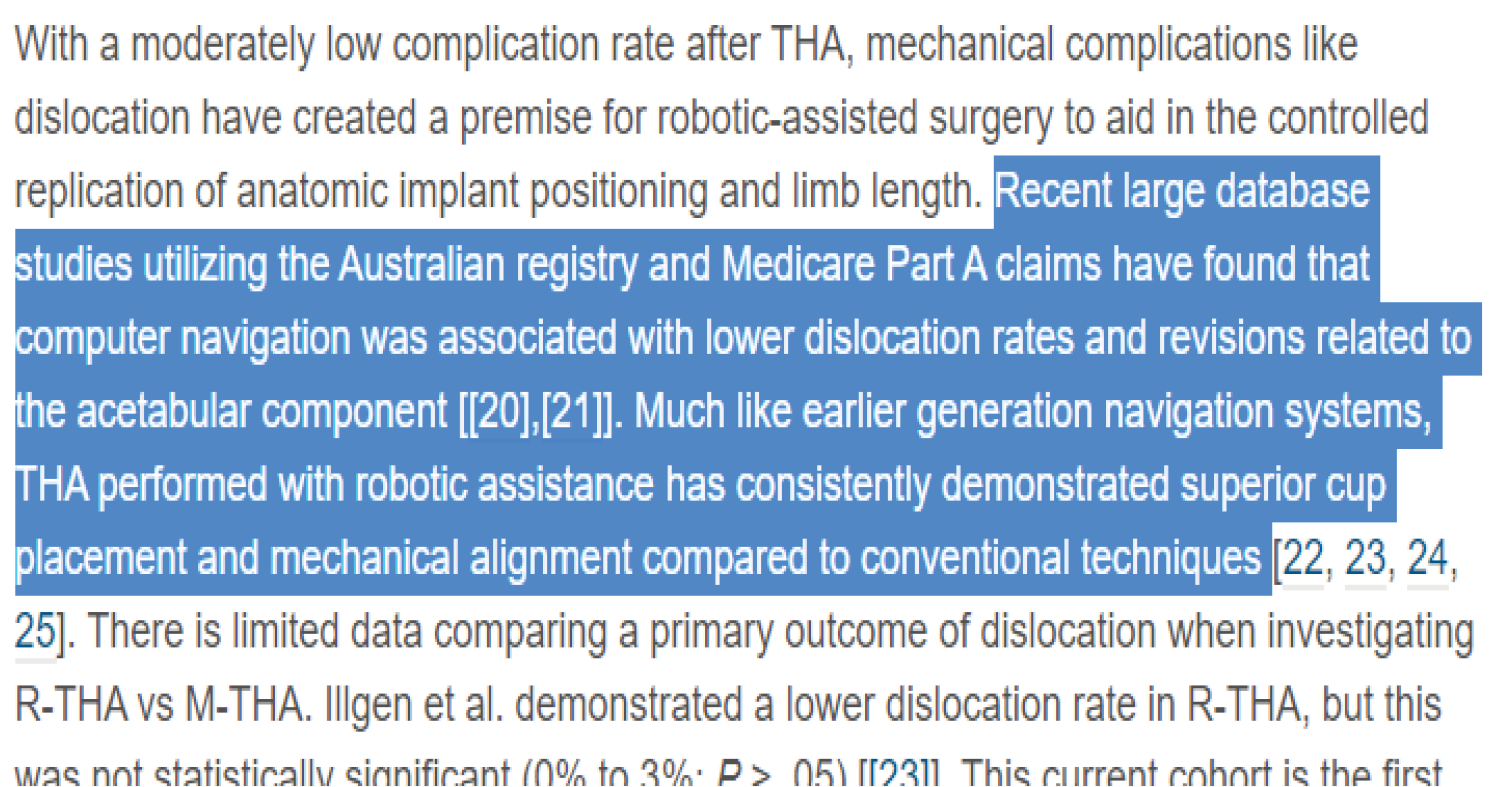
Regular readers of these pages know that the truth is rarely found in a single study; we look at trends and findings over time. This study confirms a result from the Australian Registry and Medicare databases that found similar advantages to the use of robotic assistant.
It has always made sense, but this is the Strongest evidence yet that hip replacement surgery should not be done without robotic assistance.
In my own family because of a genetic mutation my mother, older sister, and younger brother all had total hip replacement surgeries before robotic assistance was available. If any of my family were having surgery today, I would absolutely insist they see a surgeon who uses robotic assistance. That is why I recommend you do the same thing.
Going forward we are including the use of a robotic assistant to our surgeon checklist:
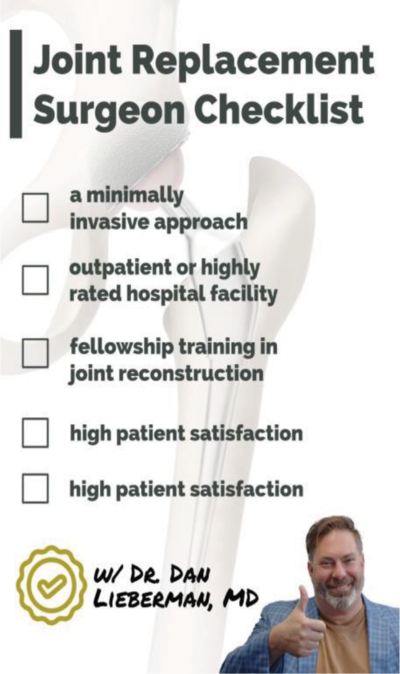
To learn how to interview a surgeon for the job of replacing your hip joint check out:
Finding The Right Hip Surgeon – What you need to know
- Posted In:
- Total Hip Replacement

